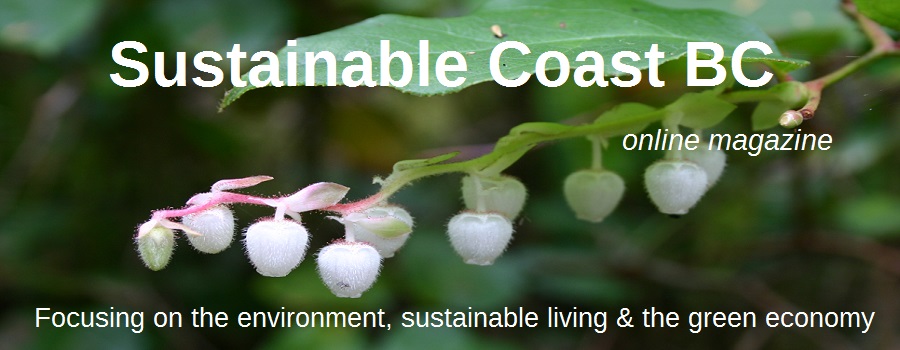News
Fractured Land is the next film in the fall Green Film Series and will be shown on Monday, November 9 in Gibsons and Wednesday, November 18 in Sechelt. Fractured Land follows Caleb Behn, a young Dene lawyer who may become one of his generation’s great leaders, if he can discover how to reconcile the fractures within himself, his community and the world around him.
The film has won awards at the Hot Docs International Film Festival and the Vancouver International Film Festival. Directors Damien Gillis and Fiona Rayher will attend and answer questions after the screening in Gibsons. The film begins at 7:30 p.m. at the Gibsons Heritage Playhouse.
Caleb sports a Mohawk and tattoos, hunts moose, and wears a business suit. His father is a devout environmentalist and residential school survivor. His mother is a top executive for the oil and gas industry. His people, at the epicenter of some of the largest fracking operations on earth, are deeply divided. How does Caleb balance their need for jobs with his sacred duty to defend their territory? He has arrived at a key moment in history, sees the contradictions, and wants to reconcile them.
As 350.org founder, Bill McKibben, puts it, "Anyone who can throw a hatchet and sue you is a force to be reckoned with."
Filmmakers Fiona Rayher and Damien Gillis have been following Caleb for four years, capturing hundreds of hours of footage of his development, through law school, sharing knowledge with other Indigenous peoples, speaking to larger and larger audiences, dealing with deep community divisions, and building a movement.
Caleb’s first attempt at representing his people was as an oil and gas officer. He soon found himself on the front lines of a shale gas boom. The relatively new technique, also called "fracking", involves drilling deep underground into shale beds and unleashing gases with a blast of high-pressure water, sand and toxic chemicals. It was Caleb's job to sift through the boxes and rooms full of “referrals” from industry – telling him what they wanted to do on his people’s land. He held the record for most delayed applications, yet not one application was denied on the basis of his arguments. This is when he decided to go to law school.
Caleb explains how high the stakes are, affecting more than just the Dene. We learn how myriad pipelines are planned to carry gas from his territory across other indigenous communities and the rivers and streams of northern BC – all in order to convert it into liquid and ship to new markets in Asia.
Realizing that law alone may not be enough, Caleb becomes political, speaking at demonstrations, where he becomes an unexpected star. Suddenly, he is not alone. We travel with him to New Zealand where he consults the Maori, and to the Sacred Headwaters of the Tahltan people, who recently forced Shell Oil to halt its plans for a massive fracking operation in their territory.
The film will be shown at the Sechelt Band Hall in Sechelt on November 18. Admission is free to band members. Doors open at 7 p.m. For more information or to reserve tickets for the Gibsons screening go to: greenfilms.ca. The Green Film Series is produced by Rhizome Up! Media, the publishers of Sustainable Coast Magazine. More info at rhizomeup.ca.
